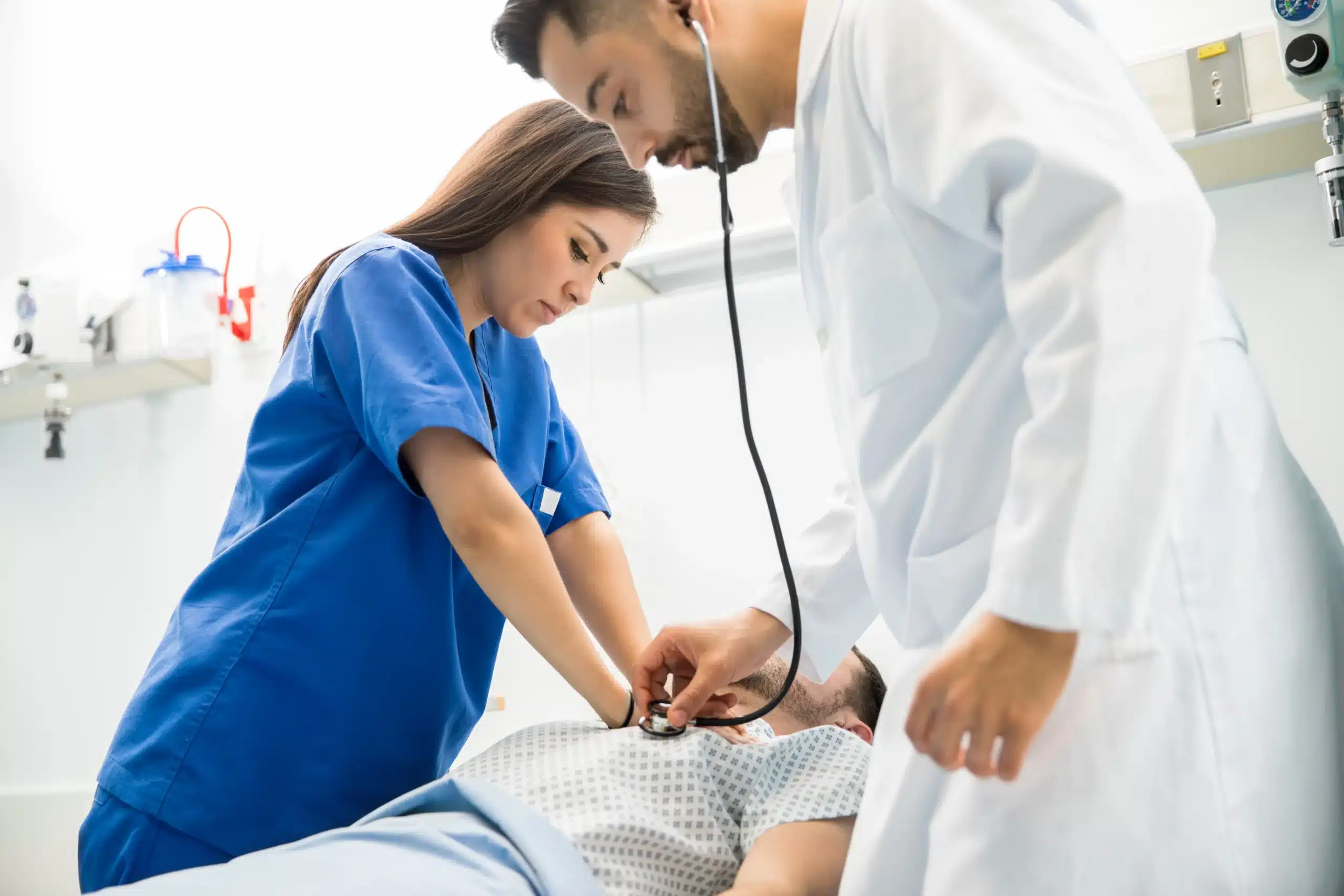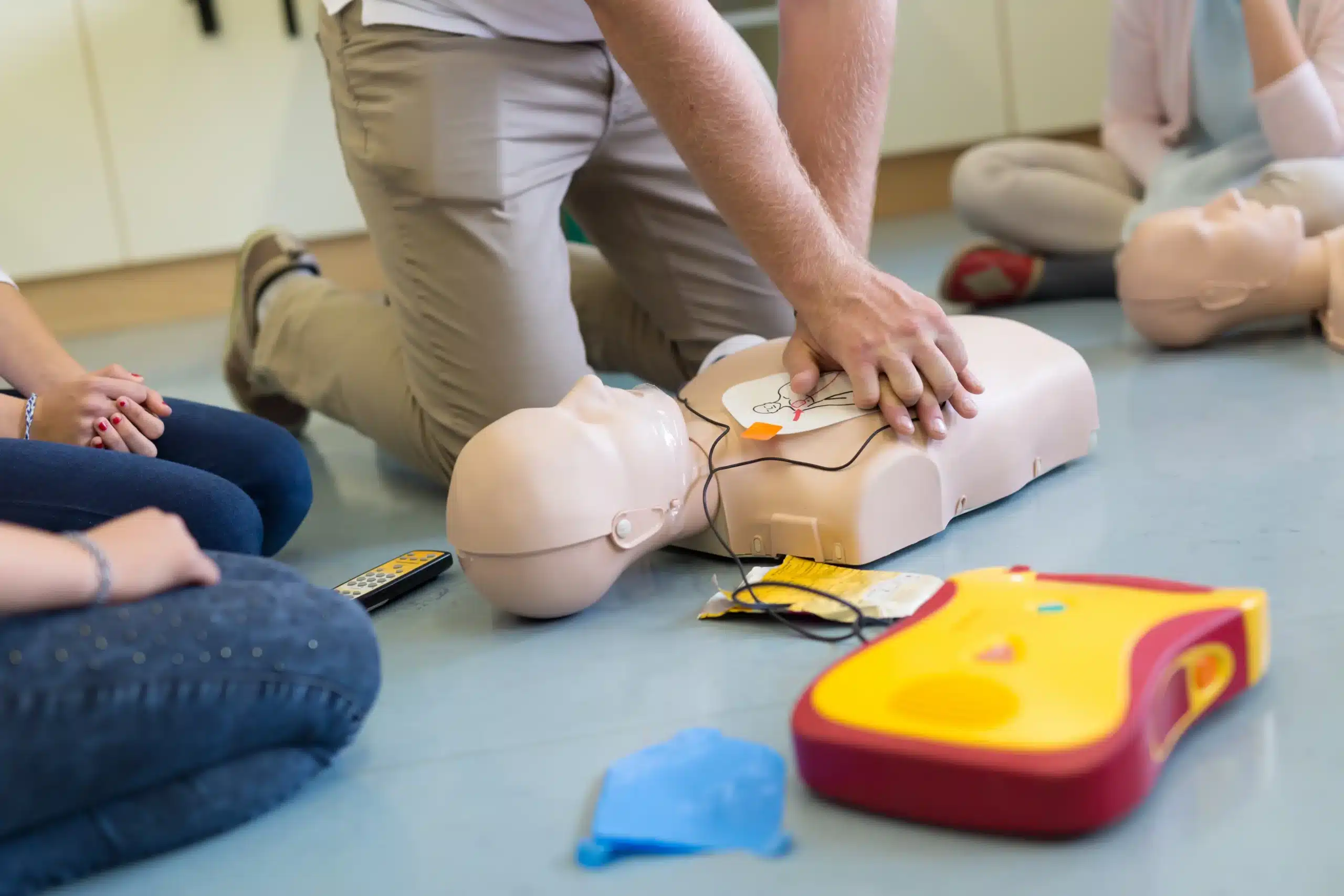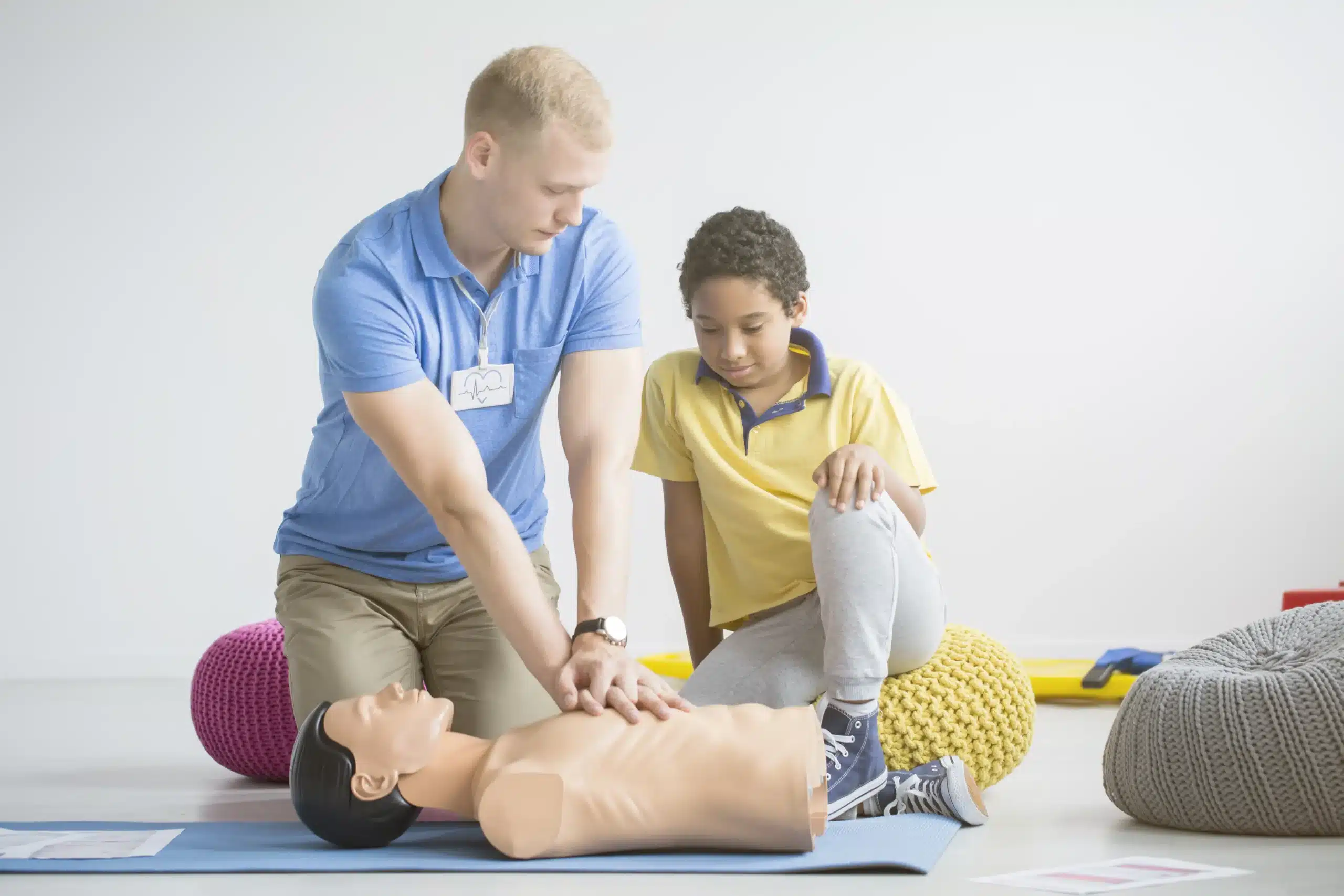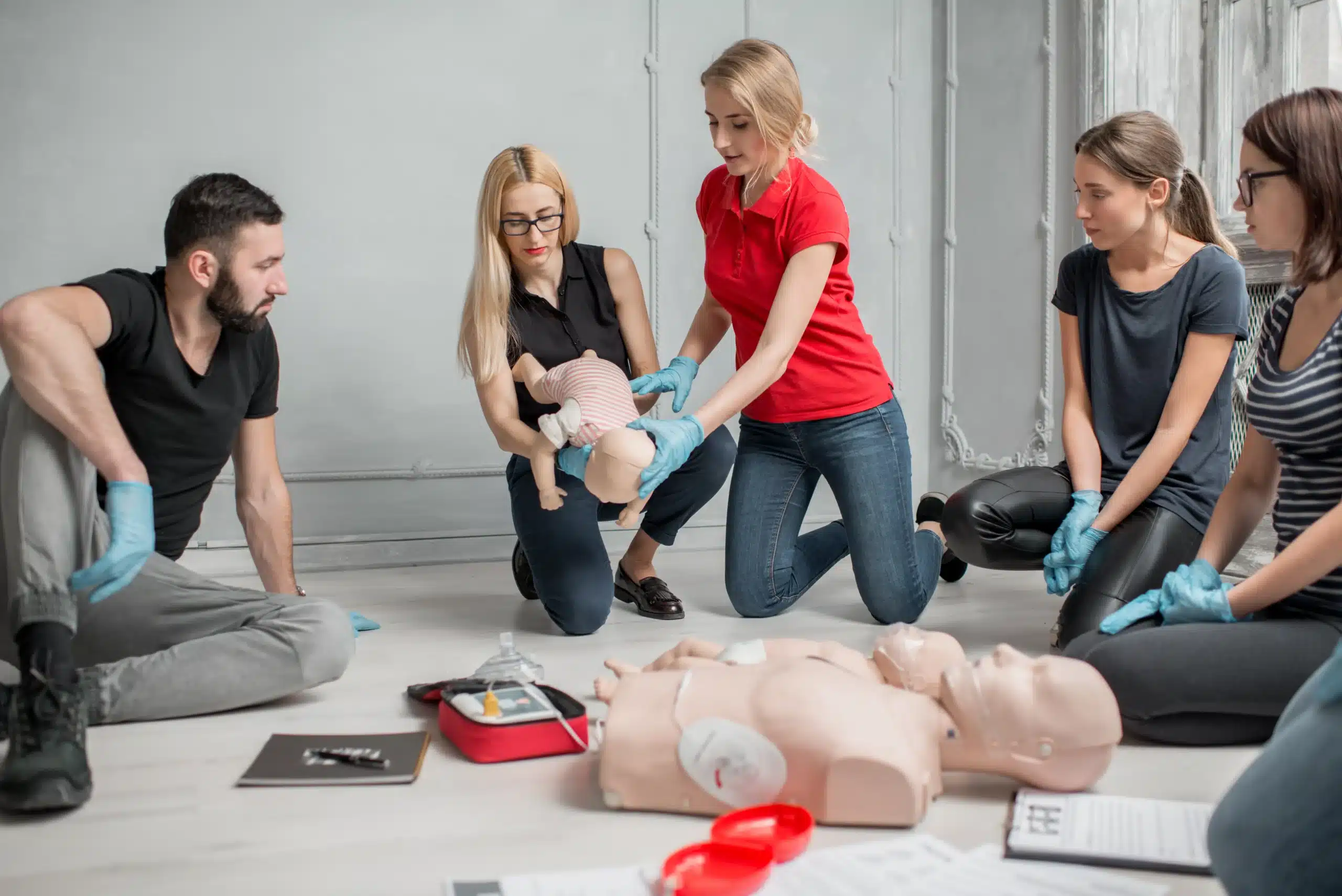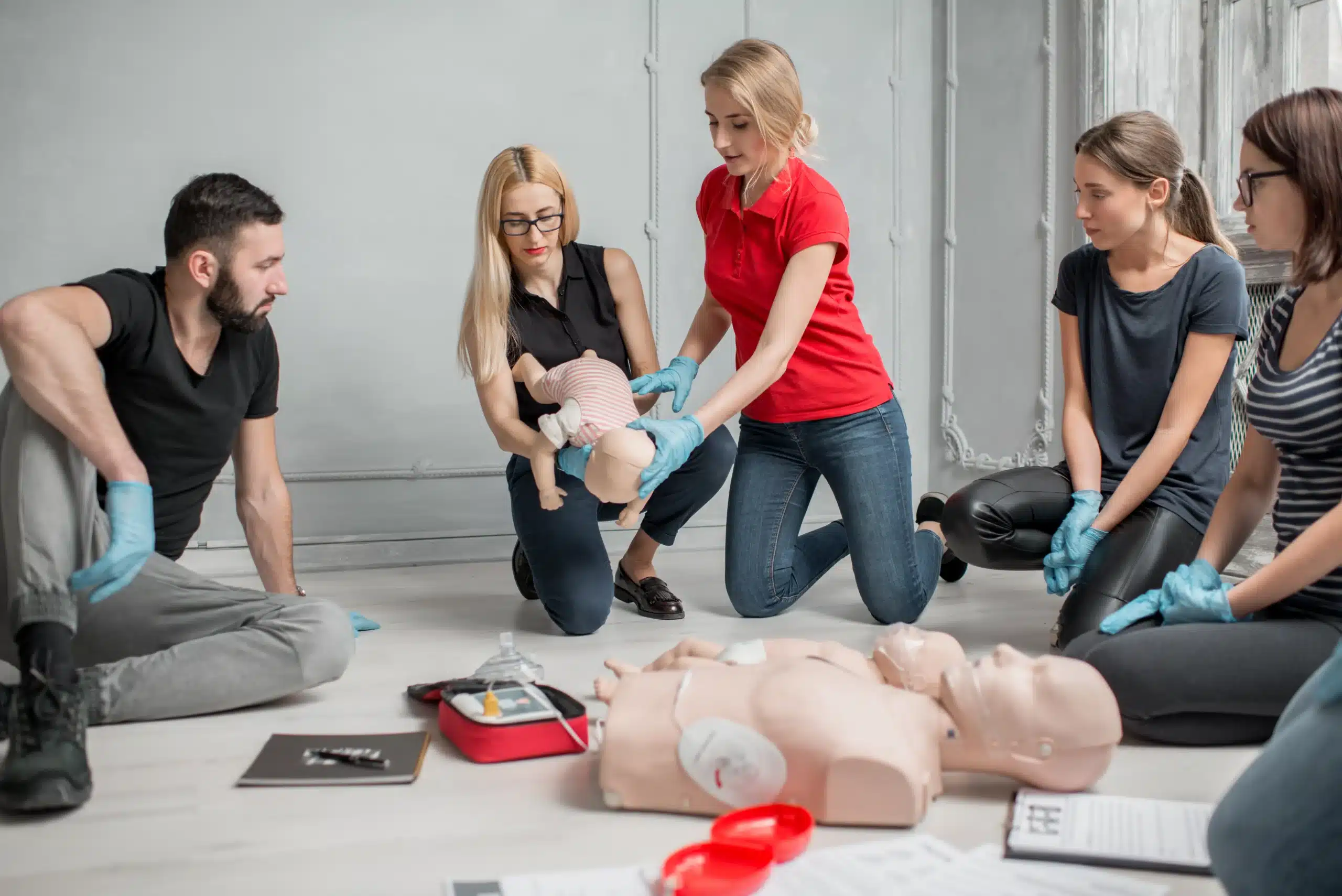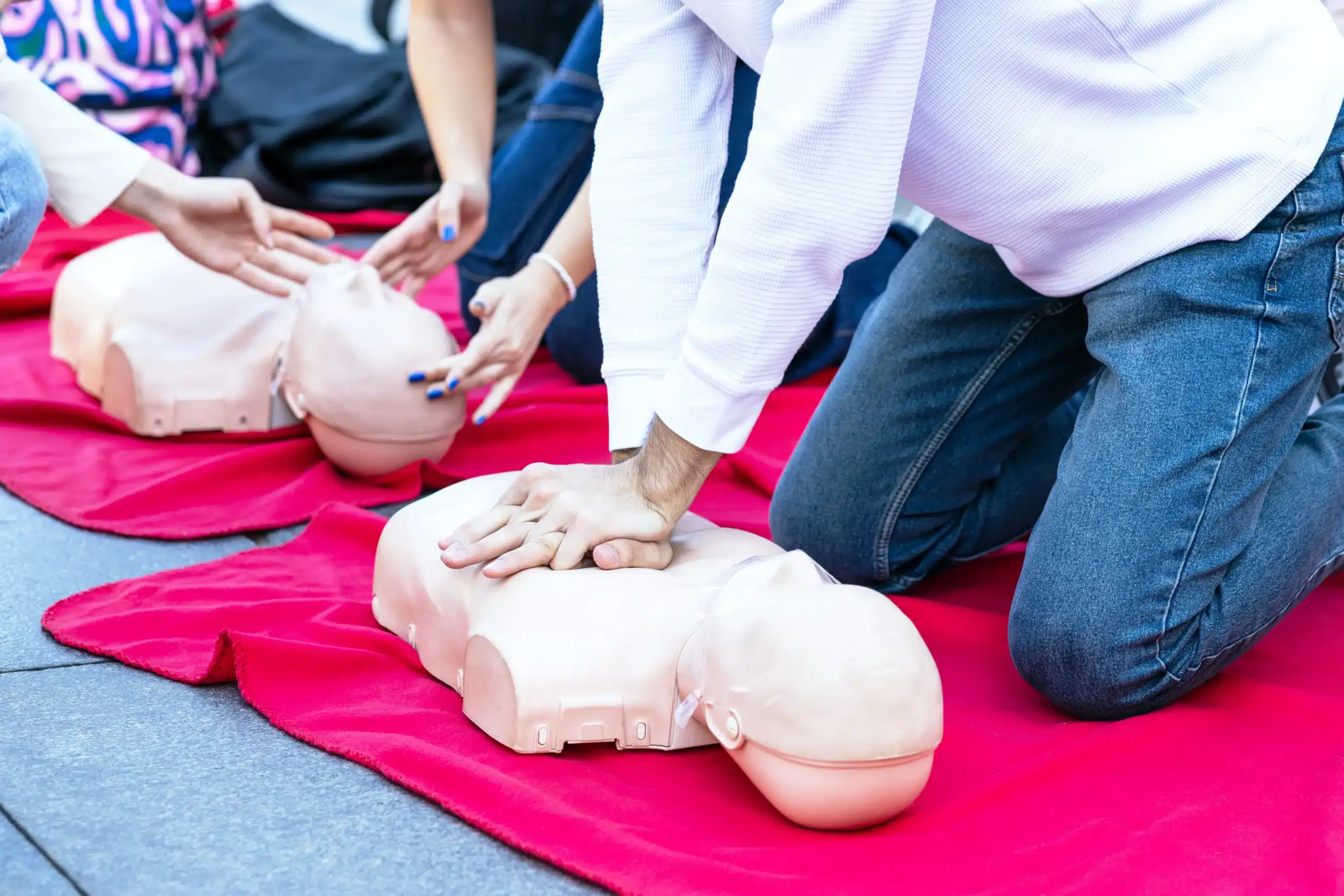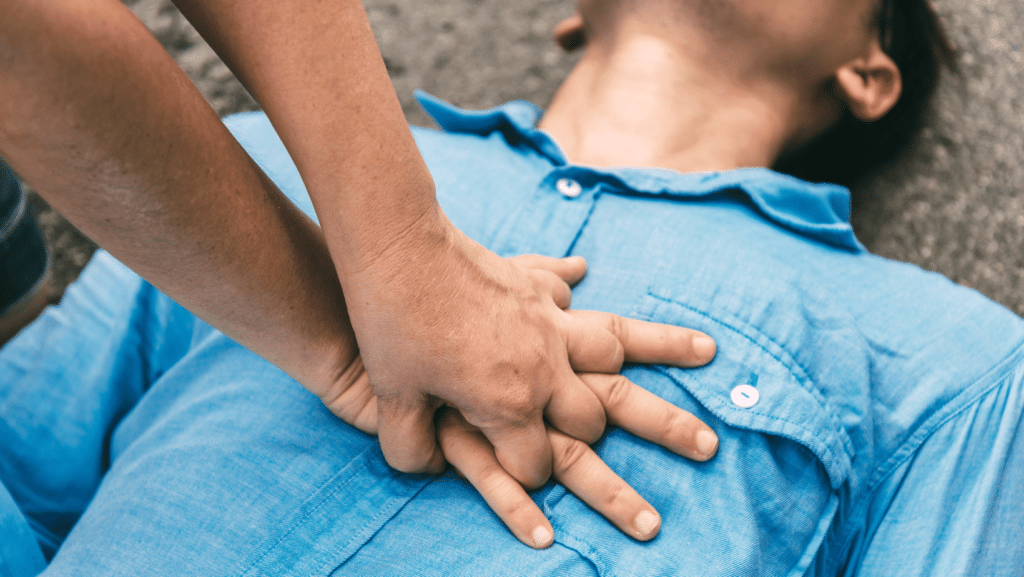Surviving cardiac arrest and undergoing cardiopulmonary resuscitation (CPR) is a life-changing event. While most conversations about CPR focus on the physical aspect of recovery, an equally important topic often overlooked is the psychological impact on survivors.
Studies reveal that approximately 14–45% of cardiac arrest survivors experience depression, 13–61% report anxiety, and 19–27% develop PTSD. These numbers point to a significant challenge survivors face beyond the hospital walls. Psychological recovery for CPR survivors is not just about healing the body—it’s about restoring the mind.
This blog explores the psychological impact of surviving CPR, practical coping mechanisms, and why addressing emotional well-being is crucial for full recovery.
What You’ll Learn in This Blog
- Understanding the Psychological Impact of CPR – Learn about the emotional and mental toll of surviving a near-death experience.
- Coping Strategies for Survivors and Families – Discover actionable techniques for fostering emotional resilience and creating healing routines.
- Why Psychological Recovery is Important – Understand how mental well-being contributes to a survivor’s overall recovery.
Understanding the Psychological Impact of CPR
Immediate Emotional Responses
Surviving cardiac arrest is nothing short of traumatic. Most survivors report feelings of fear, confusion, and anxiety immediately following resuscitation. The trauma of a near-death experience can trigger Acute Stress Disorder (ASD), characterized by flashbacks, emotional volatility, and hypervigilance.
For instance, a survivor may find themselves reliving the moment they lost consciousness or feel heightened alertness in everyday situations, like walking down a busy street. These reactions are the brain’s way of processing trauma, but they can make day-to-day life deeply unsettling.
Long-Term Effects on Mental Health
For many, the psychological effects extend beyond the immediate aftermath. Survivors commonly face Post-Traumatic Stress Disorder (PTSD), depression, and survivor’s guilt.
- PTSD: Flashbacks and emotional triggers can disrupt daily functioning.
- Depression: Feelings of sadness, hopelessness, or worthlessness frequently accompany recovery.
- Survivor’s Guilt: Questions like “Why did I survive when others didn’t?” often plague survivors.
Additionally, the brush with mortality shifts many survivors’ worldviews. Questions about life’s purpose or reflections on mortality become deeply personal and hard to ignore.
Coping Strategies for Survivors and Families
Mindfulness-Based Techniques
Mindfulness practices can help survivors regain control of their emotions and reduce anxiety. Techniques like meditation, journaling, and yoga create moments of calm and provide tools to regulate emotional responses.
Here’s a simple mindfulness exercise to try at home:
- Sit in a quiet space and close your eyes.
- Breathe in for 4 counts, hold for 4 counts, and exhale for 4 counts.
- Focus on your breath or repeat a calming phrase like, “I am safe.”
Spending just 10 minutes a day on such exercises can significantly ease stress.
Support Networks
Survivors rarely recover in isolation—family, friends, and peer groups play a vital role.
- Family & Friends: Simple acts, like listening without judgment or accompanying a survivor to medical appointments, can provide immense support.
- Support Groups: Communities such as the American Heart Association’s survivor groups connect individuals with others who understand their experience. Knowing “you’re not alone” often brings great relief.
Lifestyle Adjustments
Healthy habits can improve emotional and physical resilience. Suggestions include:
- Regular Exercise: Even gentle walks release endorphins, boosting mood.
- Balanced Nutrition: Foods rich in Omega-3s (like salmon) support brain health.
- Quality Sleep: Consistent bedtimes and limiting screen time before bed improve recovery.
Routines grounded in these habits bring survivors a sense of normalcy, critical for emotional stability.
Seeking Professional Help
Sometimes, survivors need professional help. Trauma-specialized therapists provide tools to process difficult emotions and move forward.
- Cognitive Behavioral Therapy (CBT): Helps reframe negative thought patterns.
- Eye Movement Desensitization and Reprocessing (EMDR): Eases the emotional burden of traumatic memories.
When choosing a therapist, look for credentials in trauma counseling or health-related stress disorders to ensure specialized care.
Why Psychological Recovery is Essential
Treating psychological distress isn’t just about improving mental health—it directly impacts physical recovery. Stress from untreated trauma can strain the body, hindering cardiovascular health and leading to adverse outcomes.
By addressing emotional well-being, survivors reduce stress and create an environment for their bodies to heal. Additionally, a calm mental state has been shown to improve adherence to physical rehabilitation, leading to better long-term outcomes.
The Role of Building Confidence through CPR Knowledge
Building confidence around CPR knowledge and training is also beneficial. Becoming familiar with life-saving techniques can not only empower survivors but also alleviate the anxiety of family members who may be involved in future emergencies.
Consider exploring AHA-certified courses in San Pablo, CA such as:
- CPR and First Aid
- Basic Life Support (BLS)
- Advanced Cardiovascular Life Support (ACLS)
- Pediatric Advanced Life Support (PALS)
Fostering Your Psychological Resilience
Surviving CPR is a demonstration of profound strength and resilience. The road to recovery, however, isn’t always straightforward. Psychological recovery for CPR survivors takes time, care, and support—but it’s achievable.
If you or a loved one are navigating this path, remember these key takeaways:
- Psychological recovery is as vital as physical rehabilitation.
- Support networks and professional therapy are critical tools for healing.
- Tailored routines and mindfulness practices can restore calm and stability.
Take one day at a time, and don’t hesitate to seek help. To protect your community or empower yourself with life-saving skills, consider signing up for CPR training courses. Together, we can enhance awareness and build a support system for survivors everywhere.
Share this guide with anyone who might need it, and start meaningful conversations about the importance of psychological recovery.

